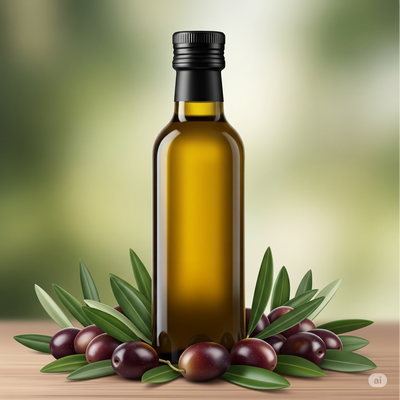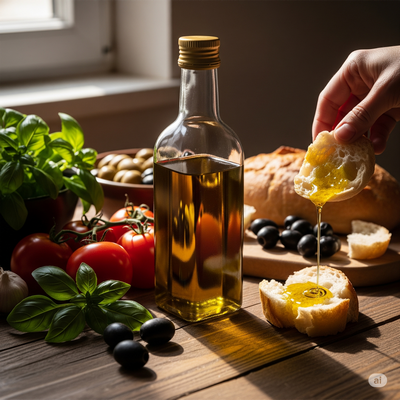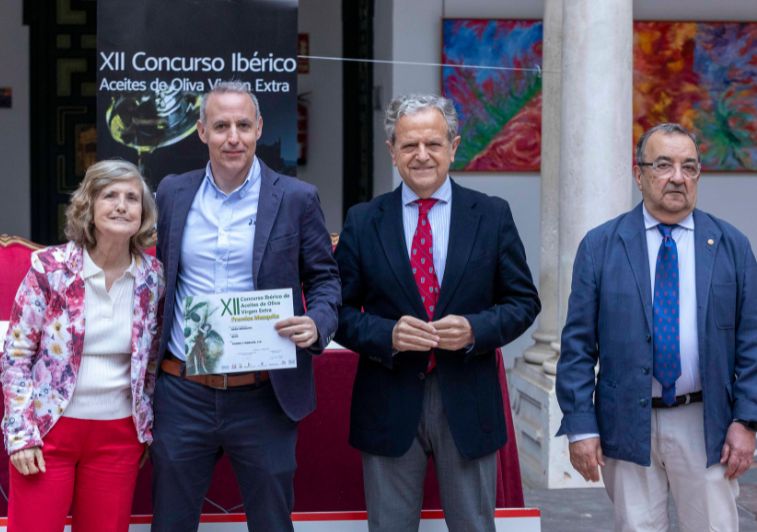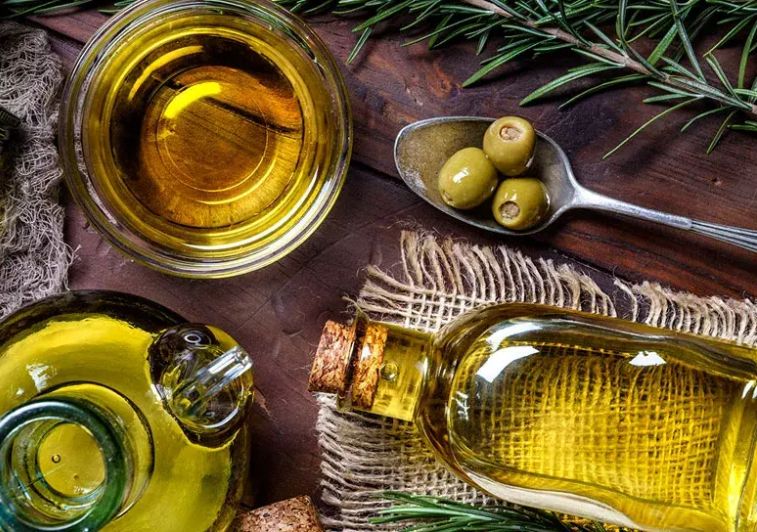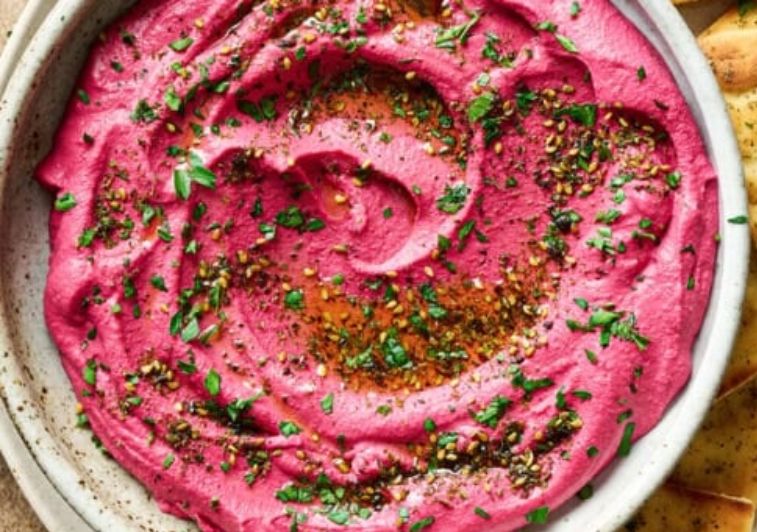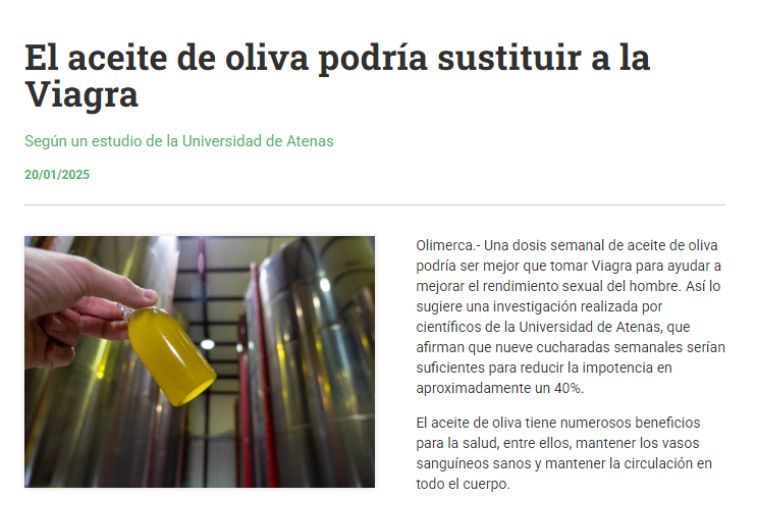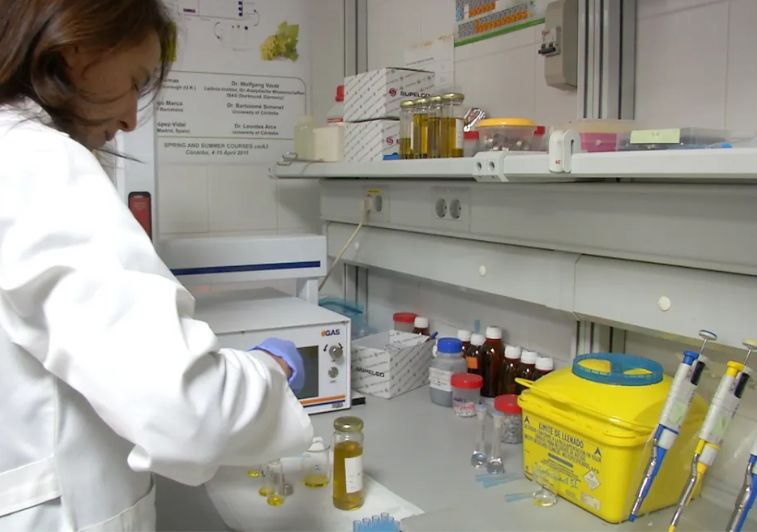OLEUROPEINAL COULD HELP PREVENT THE APPEARANCE OF DIABETES TYPE II
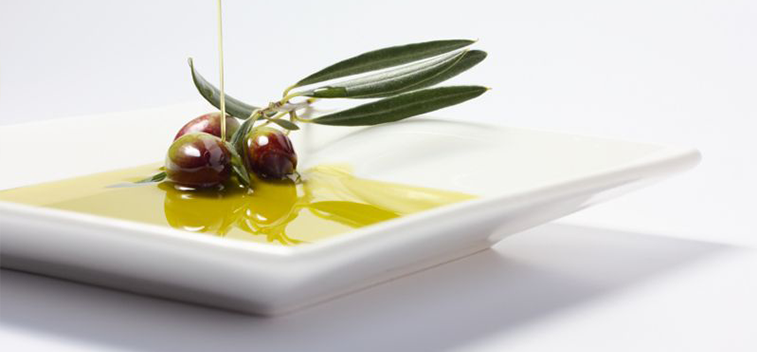
A research team at Virginia Tech University (United States) has discovered that oleuropein, a compound of olive oil, which on the one hand has the ability to promote the secretion of insulin, the hormone of the pancreas that regulates insulin levels in the blood, while on the other hand it detoxifies a signaling molecule called amylin, whose overproduction can induce the death of insulin-producing cells in patients with type II diabetes, and therefore favors the prevention of the onset of this disease .
The health benefits of olive oil have been described previously in countless jobs. There are researches that have determined that olive oil protects the brain against Alzheimer's, reduces levels of LDL cholesterol (known as bad cholesterol), favors arterial vasodilation to reduce the risk of cardiovascular disease, prevents against the dangers of death premature, has anti-inflammatory and antioxidant properties, and can also contribute to the prevention and treatment of breast cancer.
However, we still need to investigate more about what specific compounds and biochemical interactions in the fruit contribute to their medical and nutritional benefits such as the prevention of type II diabetes.
The main author of this study Bin Xu has commented that “Our work provides new knowledge on the question of why olive oil can be antidiabetic. Not only contribute to the biochemistry of the functions of oleuropein, but also cause an impact in the general public, who will pay more attention to this product in the face of the current epidemic of diabetes.”
This discovery can help to improve the understanding of the scientific basis of the health benefits of olive oil and develop new nutritional strategies to combat type II diabetes and related obesity. Now, the team plans to perform tests with oleorupein in models of diabetic animals to check how they respond to treatment, as well as assess their effects on metabolism and aging.
SOURCE: BIOCHEMISTRY MAGAZINE.

 United States
(English)
United States
(English) Spanish
(Español)
Spanish
(Español) Chine
Chine